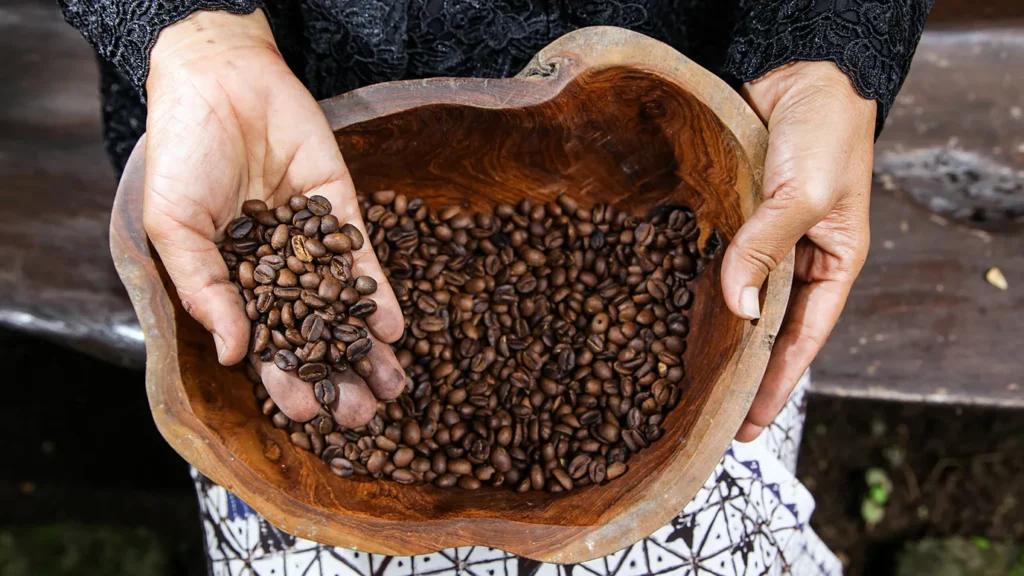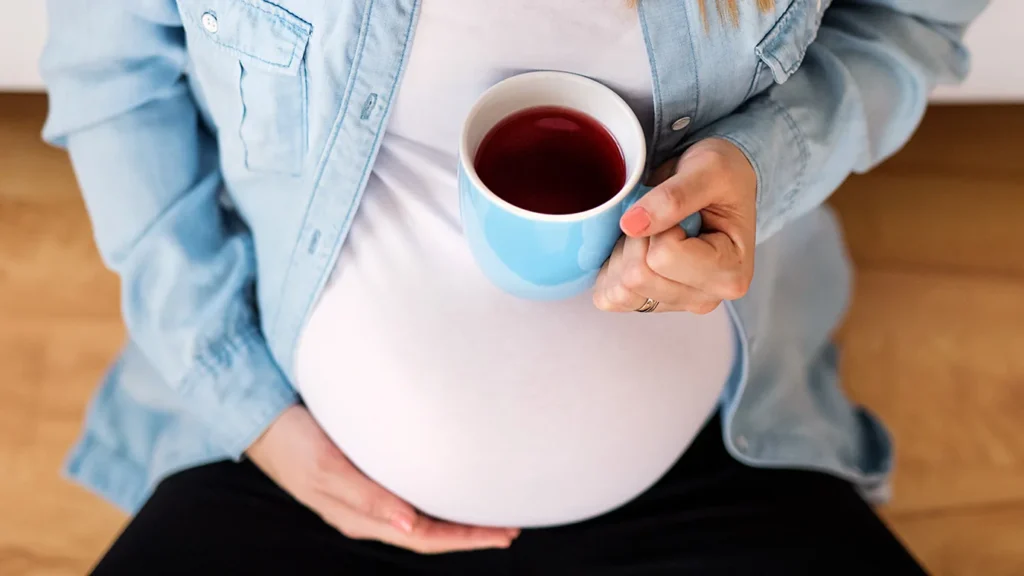Coffee used to be linked in former times to higher health hazards. However, studies published in the past ten years indicate that coffee drinking can even improve your health.
Among psychoactive drugs, caffeine is the most often used one worldwide. For millennia, people have been sipping coffee, a natural source of caffeine; nevertheless, for decades there have been conflicting opinions regarding its impact on human health.

“Traditionally, coffee has been seen as a bad thing,” says Marc Gunter, Imperial College London’s cancer epidemiologist and past head of the area of nutrition and metabolism at the International Agency for Research on Cancer (IARC). “Research from the 1980s and 90s concluded that people who drank coffee had a higher risk of cardiovascular disease; but, it’s evolved since then.”
Gunter notes that scientists now have data from hundreds of thousands of coffee-drinkers as more, more extensive population studies starting over the past decade surface. What does the research reveal, though, and is coffee use either posing hazards or health advantages?
Because it includes acrylamide, a carcinogen present in foods such toast, cakes and chips, coffee has been linked with a higher risk of cancer. The IARC came to the conclusion in 2016, nonetheless, that coffee is not carcinogenic unless consumed extremely hot, above 65C (149F). Researchers in a 2023 review contend that although coffee is one of the main causes of acrylamide in our diets, there is not yet a robust, clear evidence foundation demonstrating how it relates to cancer risk.

The possible medical advantages of coffee drinking
Moreover, numerous studies have indicated that coffee could possibly have a protective impact. For instance, several studies have found a relationship between coffee intake and a reduced risk of various cancers in individuals.
Gunter released the findings of a study examining half a million individuals’s coffee-drinking patterns over sixteen years throughout Europe in 2017. Coffee drinkers ran less risk of dying from cancer, stroke, and heart disease. These results line up with studies conducted elsewhere, including the US, and more recent UK study as well.
Based on observational studies, Gunter claims there is enough agreement to validate that those who consume up to four cups of coffee daily have less ailments than those who abstain from.
The possible advantages of coffee could stretch further. Gunter’s study found that coffee-drinkers had worse diets and were more likely to smoke than non-coffee drinkers. This would imply that, should coffee reduce the risk of cancer and heart disease, it may be more potent than we would have imagined, therefore negating the influence of bad habits.

That is true whether you have caffeinated or decaffeinated coffee. Research indicates that decaf coffee has comparable levels of antioxidants than regular coffee. Gunter concluded that the health advantages connected with coffee are attributable to something else than caffeine as he observed in his studies no variations between the health of people who drank caffeinated versus decaf.
Why do we not truly understand how coffee influences our health?
All of this study, meanwhile, was grounded in demographic data, which does not establish cause and effect.
Coffee drinkers could just have better underlying health than those who decide against drinking it.
Coffee drinkers could just have better underlying health than those who choose not to, claims Peter Rogers, a University of Bristol researcher on the impact of caffeine on behavior, mood, alertness and attention. That is in spite of their less healthy living choices, as Gunter’s studies reveal.
“Some people suggested there might be a protective effect, which is somewhat controversial as it’s based on population evidence,” he explains.
Regular coffee drinkers also typically have greater blood pressure, which should raise their risk of cardiovascular disease. Rogers notes, though, there is no data linking increased blood pressure from coffee use to increased risk of cardiovascular disease.

Rarer than population studies are clinical trials looking at coffee, which could better ascertain its advantages and drawbacks. One experiment, however, was carried out by a group of academics where they watched how consuming caffeinated coffee affected blood sugar.
Under the direction of England’s University of Bath’s Centre for Nutrition Exercise and Metabolism, the tiny study examined how coffee alters the body’s reaction to breakfast following a broken night’s sleep. Participants who had coffee, then a sugary drink in place of breakfast, had a 50% increase in blood sugar when compared to when they skipped coffee before “breakfast”.
Still, for the risk to mount, this kind of behavior must occur often over time.
Gettyimages It’s hard to tell exactly how laboratory research relates to everyday life. Credit: Getty Images.Getty Photographs
It’s hard to determine exactly how laboratory research relates to actual life (Credit: Getty Images).
Indicating that neither population, nor lab research can offer conclusive answers on how coffee influences human health, putting people into laboratory environments also raises the issue of how relevant the results are to real life.
Can coffee make a miscarriage more likely?
Advice on how much caffeine one should drink is especially perplexing during pregnancy. Coffee intake both before and throughout pregnancy has been linked, according one 2022 assessment of data, to misscarriage. The researchers argue, however, that given their focus on population studies, there could be other reasons for the observed correlation between coffee intake and pregnancy loss. For instance, smoking is linked to coffee intake, they report, and is well known to raise misscarriage risk.
Reviewing 380 studies, dietician Esther Myers, chief executive of EF Myers Consulting, came to the conclusion that four cups of coffee daily for adults and three for pregnant women shouldn’t cause any negative consequences.
Pregnant and nursing women should not have more than one to two cups of coffee daily, the Food Standard Agency counsels. Based on earlier research, pregnant women should completely avoid coffee in order to lower their stillbirth, low birth weight, and miscarriage risk.

Economist Emily Oster, author of the book Expecting Better, which examines the facts on pregnancy advice, also discovered conflicting direction about coffee.
“The major worry is the possibility that caffeine intake links to miscarriage, especially in the first three months,” she explains.
She does, however, note that there is not much randomised evidence on this and that inferences from observational data are unreliable.
“Women who sip coffee during pregnancy are more likely to smoke and are probably older. We know that greater rates of miscarriage are causally related to age and tobacco use,” she notes.
“The second concern is that early pregnancy’s nauseated ladies are less likely to miscarry. Many women who experience nausea and avoid coffee are less likely to miscarry since it’s the kind of item that irritates you if you’re already feeling bad.”
Coffee consumption has no net benefit for our capacity to operate effectively as we grow resistant to its effects – Peter Rogers
Two to four cups of coffee a day, Oster notes, seem unrelated to a higher risk of miscarriage.
And regarding caffeine addiction?
Apart from the possible consequences on heart health, cancer, and miscarriage, coffee affects the brain and nervous system as well. Considered a psychotropic substance, caffeine influences our cognition.
While some members of the general public drink caffeinated coffee all day long, others start to get nervous after one cup. Studies have shown that variations in our DNA can influence how differently two people absorb caffeine. Myers contends, however, “we don’t understand why one person is perfectly fine with a level of caffeine and another person is not”.
For frequent drinkers, meantime, there is bad news for those who sip coffee to increase focus.
Rogers states “as the body gets used to receiving caffeine on a daily basis, there are physiological changes that adapt the body to live with caffeine and maintain normal function.” “Consuming coffee generates no net benefit to our ability to work efficiently because we become tolerant to that effect; but, as long as you keep consuming it, you’re probably not worse off.”

He argues, the only people who could benefit from caffeine are those who do not drink it consistently.
On the other side of the spectrum, many people jest about being coffee addicts. Generally speaking, though, they are just dependant, claims Rogers.
“There’s a low risk of addiction to caffeine – if you take it away from someone, they don’t feel great but they’re not strongly craving it,” he notes.
He argues coffee shows the difference between dependency, in which the user’s cognitive ability is compromised but they do not go to great measures to get the drug, and addiction, in which the user is driven to get the substance.
He thinks the only thing coffee consumers need be conscious of is withdrawal. ” Anyone who consumes a couple daily cups of coffee depends on caffeine. They would be fatigued and might perhaps have a headache if you took their coffee away, Rogers notes.
Though they often last three days or a week, he explains, these symptoms depend on the amount of coffee the individual was consuming; so, caffeine is the only thing likely to help.
Does the sort of coffee count?

Whether you carefully prepare your coffee from bean to cup or toss some instant powder into a mug, your method of brewing it seems to have little bearing on the connection with greater health. Gunter discovered by researching people all throughout Europe that different kinds of coffee still had health advantages.
“People drank a smaller espresso in Italy and Spain; in northern Europe, people drank more instant coffee and larger volumes of coffee,” notes Gunter. “We looked at many kinds of coffee and saw consistent results across counties, which suggests it’s not about types of coffee but coffee-drinking per se.”
Still, researchers from a 2018 study revealed that the association between coffee and lifespan was stronger for ground coffee than for instant or decaf; although these were still shown to be healthier than not drinking any coffee at all. The gap, the study notes, could be due to quick coffees having less bioactive chemicals, particularly polyphenols, well-known for their anti-inflammatory action.
All varieties of coffee, including decaffeinated, instant and ground, are linked, according a 2021 population study, to a lower risk of chronic liver disease. In another 2022 study, however, researchers discovered that although these three varieties of coffee were all related to lower levels of cardiovascular disease and death, two to three cups of decaf coffee daily had the largest drop in risk of death from all causes.
Gunter says the available, current data indicates drinking up to four cups of coffee a day could offer health benefits, including reduced risk of heart disease and cancer, even as it might not get you through a hectic day at work.
“It’s common sense that if you drink too much of anything it’s probably not good for you; but, there’s no strong evidence that drinking a few cups a day is bad for health.” he says. ” If anything, it’s the opposite.”






